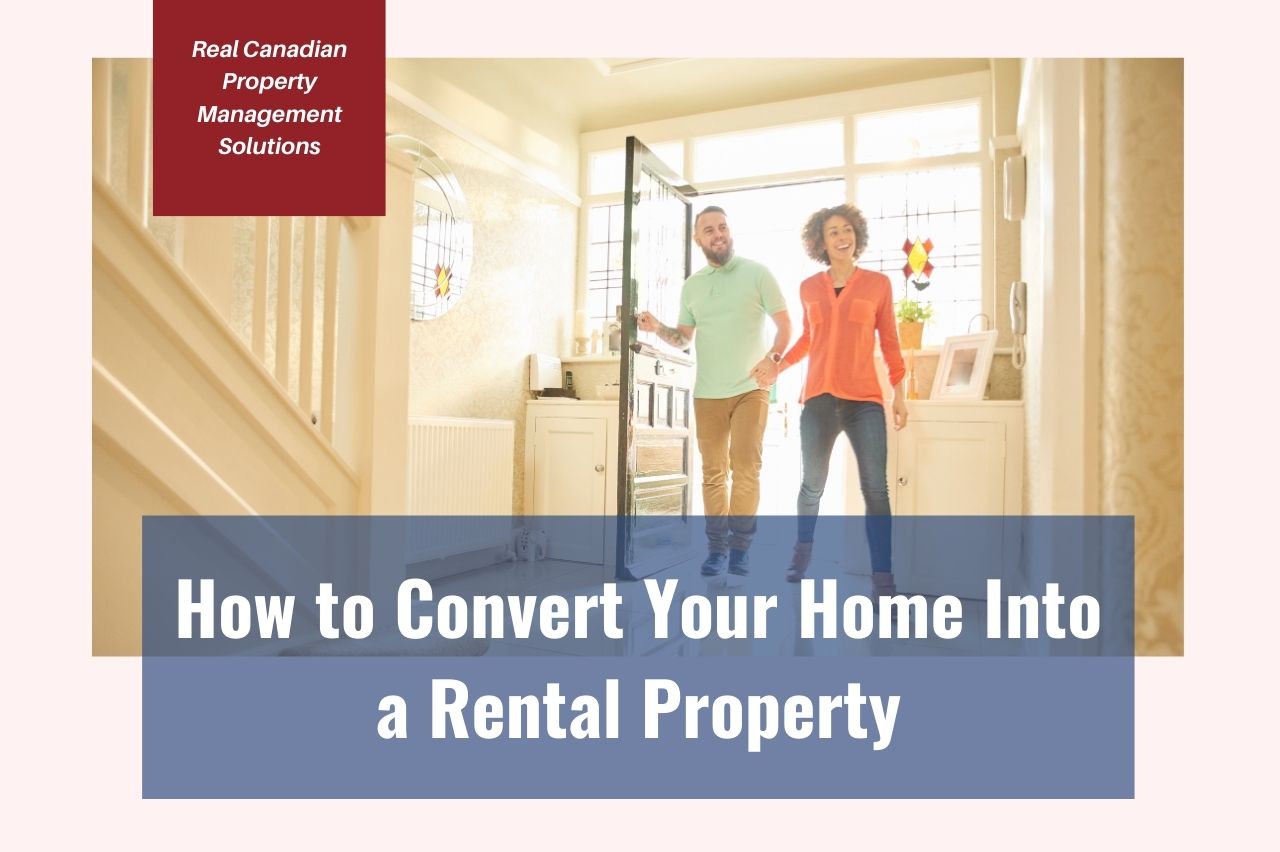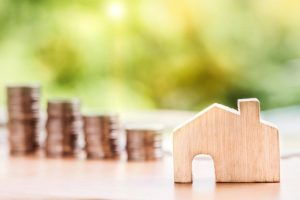
Are you considering converting your home into a rental?
Rental property ownership comes with many financial perks. You may positively impact your financial stability and personal wealth for years to come. But here’s the thing: you don’t have to necessarily buy a rental property.
When you already have a home, you can convert a part of your home into a rental unit. If you have a second residence, you can convert your entire living arrangement into a rental property.
However, as with any other life change that involves personal finance and real estate, you should do plenty of homework beforehand. Now, we are going to list the top tips for creating a rental property out of your current residence.
Are you ready to become a landlord?
An important question to consider is this: are you ready for the landlord duties? At first glance, being a landlord may not seem to amount to more than rent collection strategies and answering a phone call now and then.
In reality, things are different. You need to be prepared for a variety of duties. These include tenant screening, advertising, solving legal matters and conducting regular maintenance.
The way things turn out depends on your tenants as well. It’s no secret that some renters demand more time than others. You may have a solid tenant screening process, but that doesn’t mean you will find perfect tenants every time.
While becoming a landlord will positively affect your financial side of things, there are inherent risks as well. For instance, you may have to deal with sudden emergency repairs or upkeep needs. This brings us to the next point.
Would you consider professional property management?
Professional property management companies have entire teams who will take care of your every management need. For a fixed fee, you can forget about any landlord’s responsibilities that you’d otherwise have.

Consider this option, as reputable companies will care for your rental property as if it were their own. They will nurture and grow your rental investment. Even if you didn’t buy the property while keeping a rental in mind, converting your home into one can still be considered an investment.
What is the mortgage situation?
Do you currently hold a mortgage for a primary residence? The lower down payments and interest rates are satisfactory. However, the lenders do expect you to reside in that property full-time.
You need to check the terms of your mortgage agreement. There can be considerable differences between lenders. In most cases, lenders require you to use your property as a primary residence for at least 1-2 years.
It’s crucial not to violate these rules. While it’s true that it may be hard to find out, if and when the bank does learn about an occupancy clause violation, serious trouble will follow. In the worst case, you could be charged with mortgage fraud.
Do you have the right insurance?
Standard home insurance won’t be valid once you have renters coming into your home. Before you have new tenants entering the property, you should have already obtained landlord insurance.
Getting landlord insurance is vital. Without this, your home won’t have any coverage. Standard landlord insurance should cover your property’s structures, upkeep equipment and most outbuildings.
Check that your insurance covers at least minimum personal injury and accidents on your property. Also, check for what the various add-ons are for your insurance plan. When your rental is located in a storm-prone area, it pays to get that covered too.

When you are shopping for your landlord insurance, check with multiple providers. Get as many quotes as you can. You might find an especially good deal that has the same terms compared to the more expensive providers.
Have you thought about the rent charge yet?
Rental income is likely to be the number one motivator in most conversions from a home into a full-blown rental property. This, however, comes with the challenge of determining the right rent amount.
When you are trying to find the right price, it’s important to factor in all of your costs. In addition to mortgage payments, you should budget for repairs and maintenance. There is always something to fix, which is why you need to budget accordingly.
It’s possible to have a healthy profit on top of your regular expenses. Finding the sweet spot between overcharging and undercharging may not always be that easy. You need to conduct some market research to learn more about what rent amount would work in your favor.
What are the ground rules?
You need to start thinking about your rental rules as well. Since the property has been your primary residence, you may have some unwritten rules in place. However, this is the time to establish these rules as actual clauses in your lease agreement.
All the rules that truly matter to you should be incorporated into the lease document. The lease permits officially enforcing these principles. There could be real consequences to your tenants breaking the rules.
Weekly maintenance tasks and garbage removal are some of the top things to spell out in your agreement. Make sure to outline who is exactly responsible for what. For instance, you have to decide whether simple landscaping is the responsibility of the tenant or the landlord.

Another important point to consider is pets. So many households in the U.S. have pets, which means that there are financial benefits to allowing pets in your rental property. You must decide whether you ban certain dog breeds or exotic animals.
In a Nutshell: Converting Your Home into a Rental
Starting a rental business in your home could be a great idea. However, as with any other venture involving financial investments, you should take care to learn as much about rental management as you can. Research and knowledge will help you create a rental property success story.